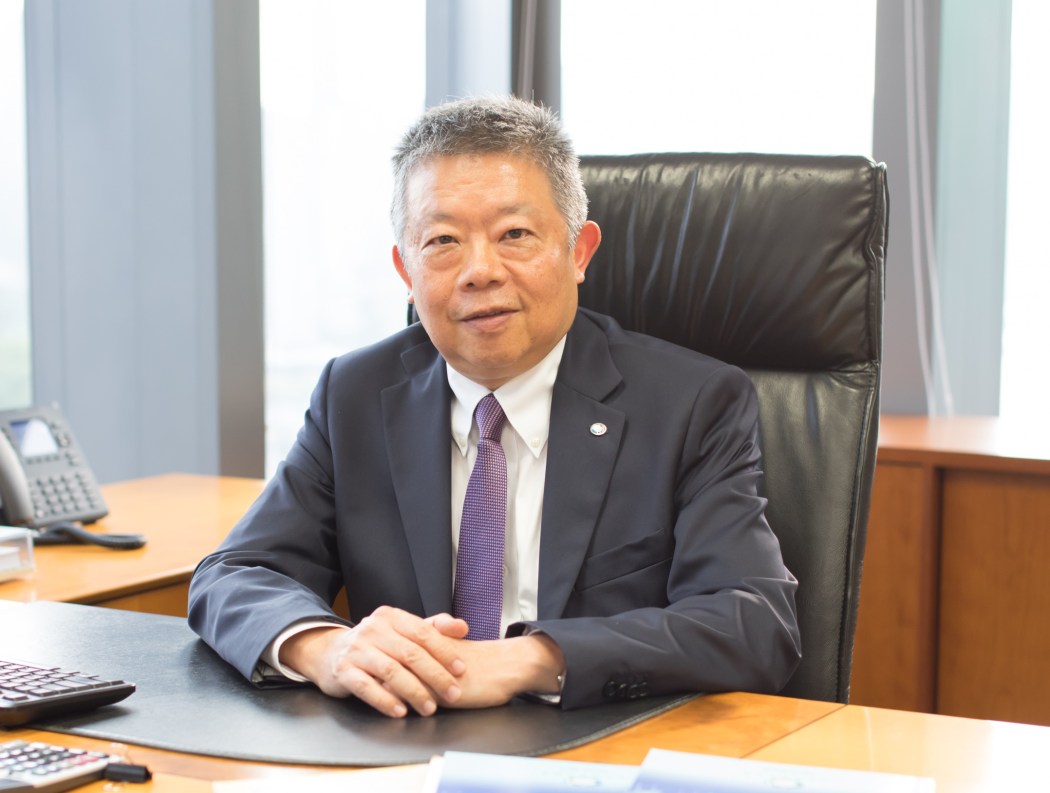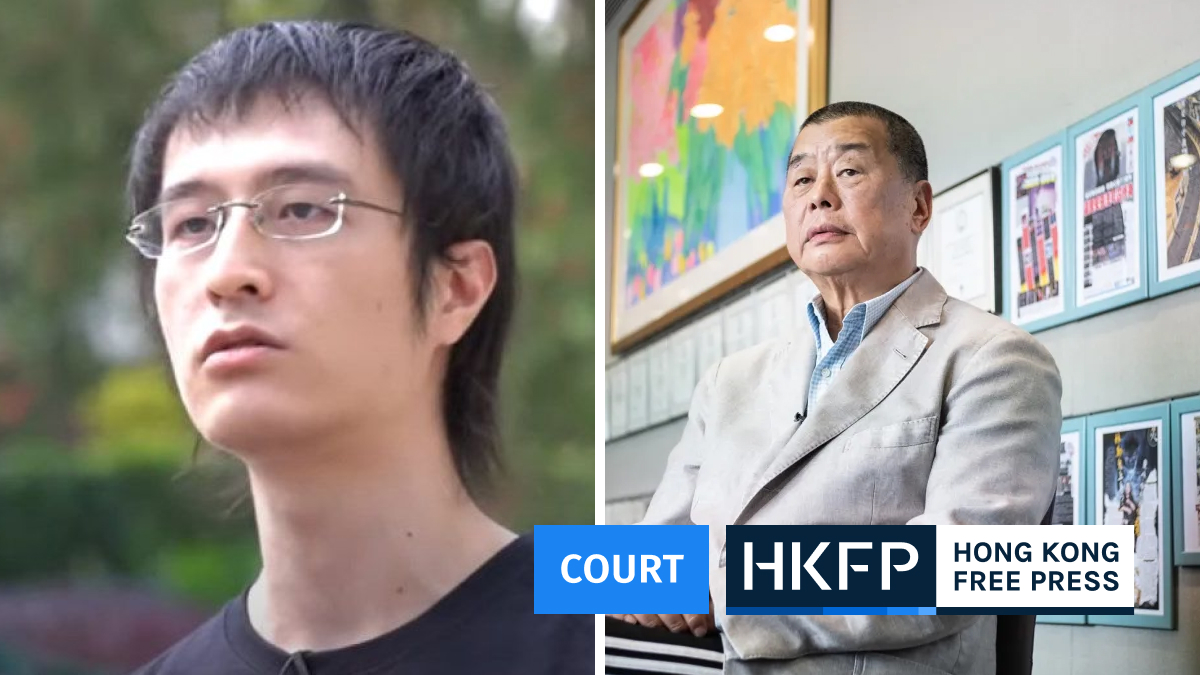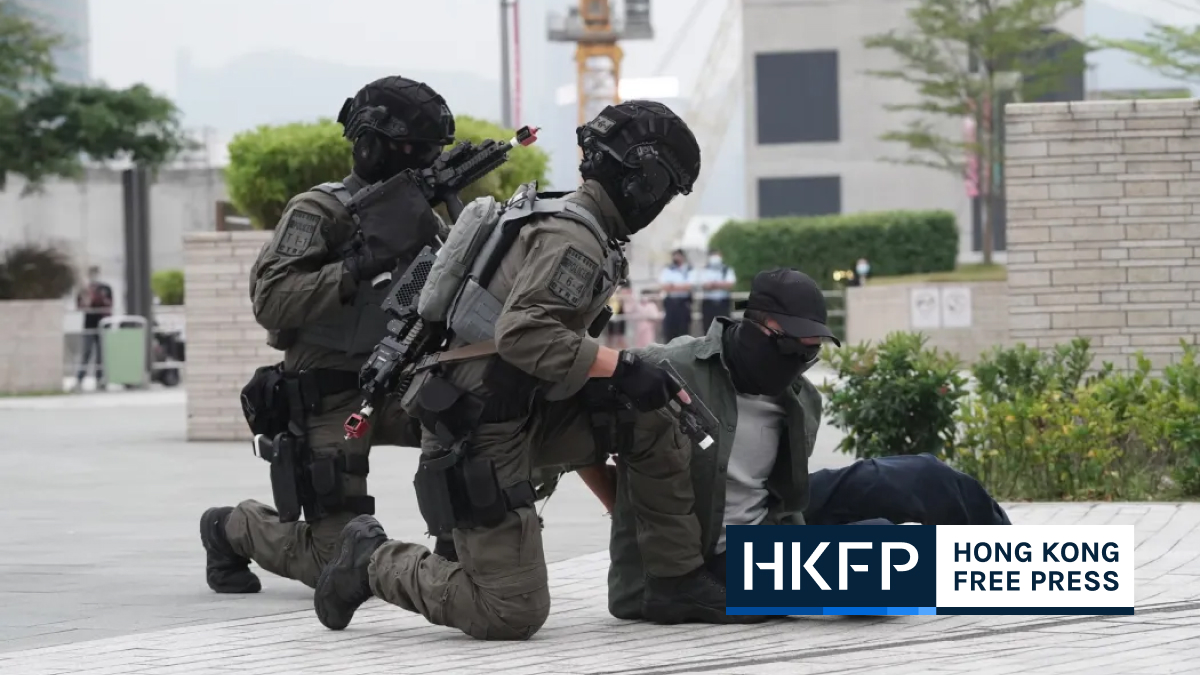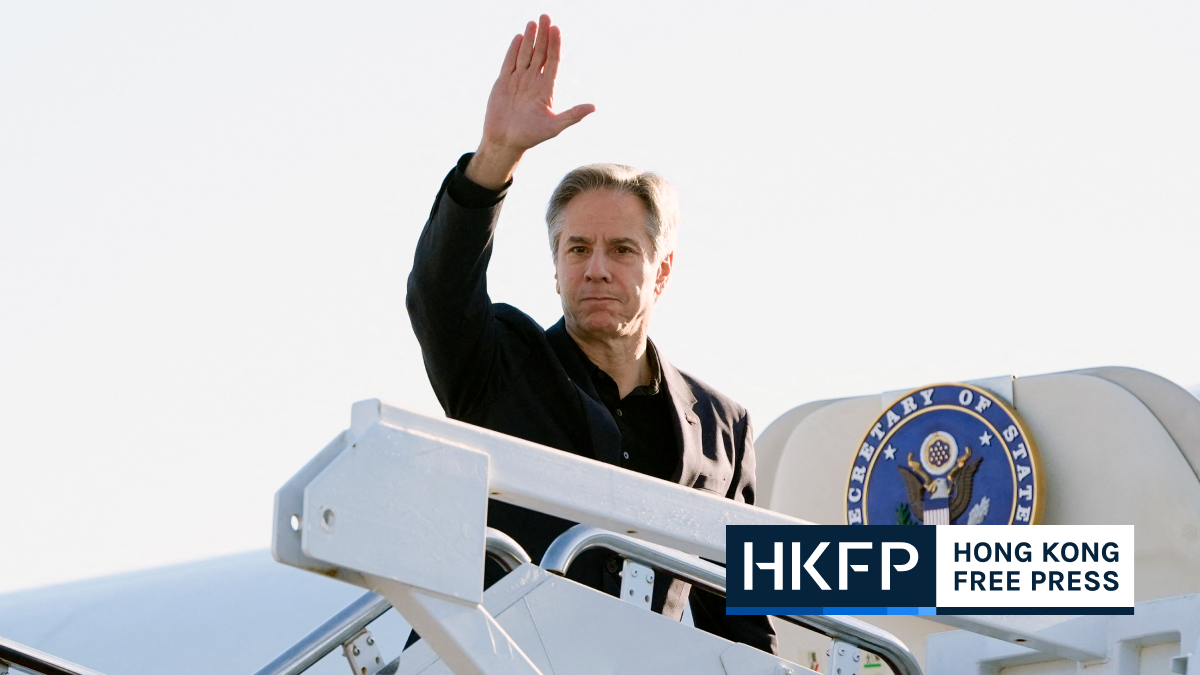Hong Kong’s Equal Opportunities Commission (EOC) has doubled down on its chairperson’s earlier statement that darkening one’s skin tone for imitation purposes is not always discriminatory.
“It is not sufficient to assess whether the use of ‘brownface’ will constitute vilification, harassment or discrimination without a thorough examination of the facts and context of the case,” the EOC told HKFP on Wednesday.

EOC chair Ricky Chu told Commercial Radio last week that not all uses of blackface were necessarily wrong. When asked by HKFP what instances of “brownface” would be acceptable, the watchdog did not respond directly.
The EOC’s comments were in response to the controversy surrounding a drama series by leading broadcaster TVB, in which an actress darkened her skin to play a witchcraft-practising Filipina domestic worker in TV show Barrack O’Karma 1968. An Instagram video showing her applying make-up on her legs while affecting a Filipino accent went viral.
Filipinos and migrant workers’ rights groups lashed out at the actress, calling her out for racism and questioning why TVB could not have hired a Filipina instead.

The equality watchdog, however, said the use of dark make-up alone cannot determine whether or not the episode was discriminatory as “an allegation of discrimination can only be resolved by examining all available evidence instead of one piece of evidence in isolation.”
But it said “some dialogues” in the episode could cause discomfort, and that the production team should “raise their level of sensitivity about race-related issues” by consulting ethnic minority communities.
‘Truly sorry’
Franchesca Wong, the actress at the centre of the backlash, apologised on Wednesday. “I genuinely have no intention to disrespect or racially discriminate any ethnic group, please forgive me for getting it wrong. It has been a challenging experience to be at the centre of a lesson that art reflects deeply entrenched social attitudes,” she wrote.
“I am truly sorry that my insensitivities have offended and hurt.”
TVB, meanwhile, told HKFP it had “no further comment” beyond its statement last week calling the episode “simply a dramatic story plot based on creativity.”
Separately, the EOC issued a statement on Wednesday night rebutting claims that Chu was just “echo[ing] the views of foreign media and netizens” when he appeared on a radio programme last Friday to discuss the controversy.
“This accusation is extremely biased and twisted the truth. While the media and netizens were focusing on the appropriateness of ‘brownface’… the EOC Chairperson pointed out that the dialogues of two scenes might make people feel uncomfortable or cause negative labelling of a certain racial group,” the statement wrote.

“This indicates that the EOC neither followed what others said nor echoed the views of foreign media and netizens,” the watchdog added. “On the contrary, the EOC brought up independent and new perspectives on the subject so as to let the public understand the issue thoroughly.”
The EOC’s statement was seemingly in response to an editorial in Oriental Daily, a pro-Beijing newspaper, accusing the watchdog of “jumping out” to speak about the incident while staying relatively silent on discrimination faced by mainland Chinese people in Hong Kong.
Local media reviews of Wong’s portrayal have been largely favourable, while reports by international media outlets have more thoroughly quoted activists as calling the portrayal offensive.
Support HKFP | Policies & Ethics | Error/typo? | Contact Us | Newsletter | Transparency & Annual Report | Apps
Help safeguard press freedom & keep HKFP free for all readers by supporting our team

LATEST FROM HKFP
HKFP has an impartial stance, transparent funding, and balanced coverage guided by an Ethics Code and Corrections Policy.
Support press freedom & help us surpass 1,000 monthly Patrons: 100% independent, governed by an ethics code & not-for-profit.










